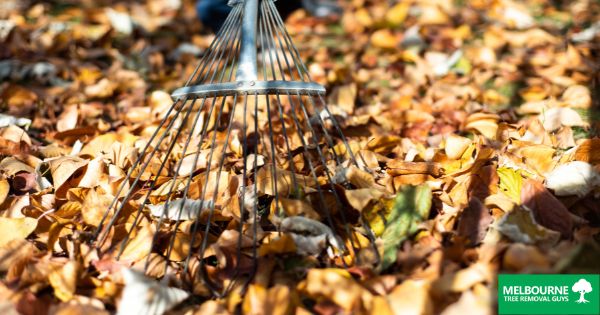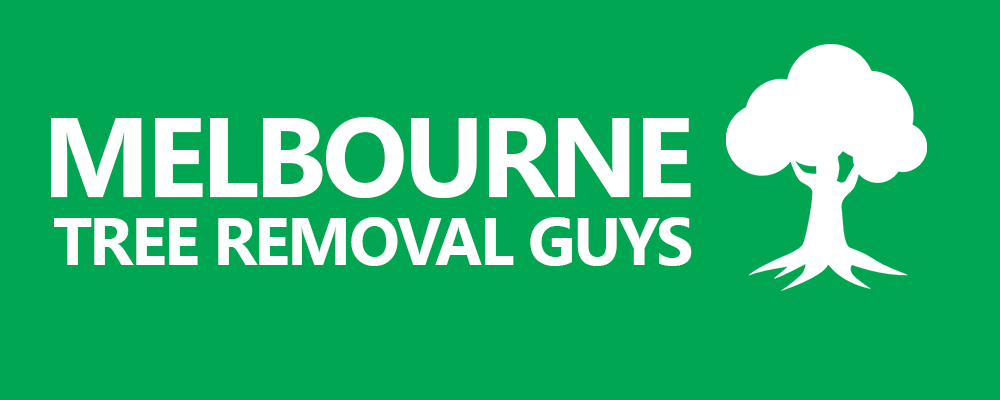Fall is a great time of year.
Everything bursts into color. Your trees and shrubs turn shades of gold, ruby red, bronze, and plum. The transformation before winter sets in is something everyone enjoys.
But once those leaves begin to fall off of your deciduous trees, the cleanup begins. It never looks like you’ll have that many leaves on the ground when they are on your trees, but once they fall, the leaf piles can certainly add up.
While cleaning up every single fallen leaf may not be necessary, you can’t ignore the large swaths of leaves that begin to blanket your lawn and landscape. Let’s talk about fallen leaf cleanup, composting dead leaves, and how these leaves can impact your landscape in a variety of ways so you can better understand how to manage them.
Are Dead Leaves Harmful To Plants Or Soil?
When the leaves begin to fall, you want to know what you need to do to keep them managed.
Let’s start with your lawn. You might be asking yourself, “Are dead leaves good for grass?” And the answer is, “No.”
When tree leaves cover a significant portion of your lawn, they can smother your grass, inhibiting growth come springtime.
The most amount of fallen leaves you ever want on your lawn is 10 to 20 percent area coverage.
As for the rest of it, you have some options.
- You can rake the leaves and collect or remove them from your lawn or use a blower to push them into a pile off of your lawn.
- If your mower has a bagging attachment, you can compost and collect the dead leaves and clipped grass.
- You can mulch the leaves with your mower, which chops them up into much smaller pieces. And this is actually the most beneficial for your lawn because the nutrients and organic matter from those dead leaves in these smaller pieces can break down and benefit your lawn and soil.
Benefits Of Fallen Leaves
While dead leaves may not be great for grass in large amounts, they can be positive for your soil.
Can dead leaves be composted? Yes, actually dead leaves decompose over time, creating compost that can improve your soil’s overall structure.
But you can’t just let leaves smother your plants as they fall. You can move some leaves to other areas that need it or create a compost pile on your property in which to put excess leaves.
When composting leaves, you want to create a mix of leaf litter and other organic materials like grass clippings and food waste.
Can Composted Leaves Be Harmful?
Composting dead leaves has so many benefits when done correctly, but there are also some ways dead leaves can add up if left unmanaged, which does more harm than good in your home landscape.
First of all, thick layers of dead leaves can lock in too much moisture when near your plant leaves. This can make them more susceptible to fungal diseases and rot issues.
Second, leaves left to pile up can suffocate your grass, contributing to snow mold damage over the winter months.
By managing fallen leaves properly, you can gain all the benefits and avoid any negative leaf pile-ups.
Melbourne Tree Removal Guys – All Tree Cutting & Other Services. Tree Removal, Stump Grinding, Stump Removal, Tree Trimming, Tree Mulching, Tree Pruning & Emergency Tree Removal Experts In Melbourne!
Click here to read more articles regarding tree removal & related services.
If you are in Cranbourne West, Victoria 3977 and looking for Melbourne Tree Removal Guys, below is the best way to visit us.
Melbourne Tree Removal Guys
26 Fleetwood Dr
Narre Warren VIC 3805
https://treeremoval-melbourne.com.au
*Find us on Google Map


Recent Comments